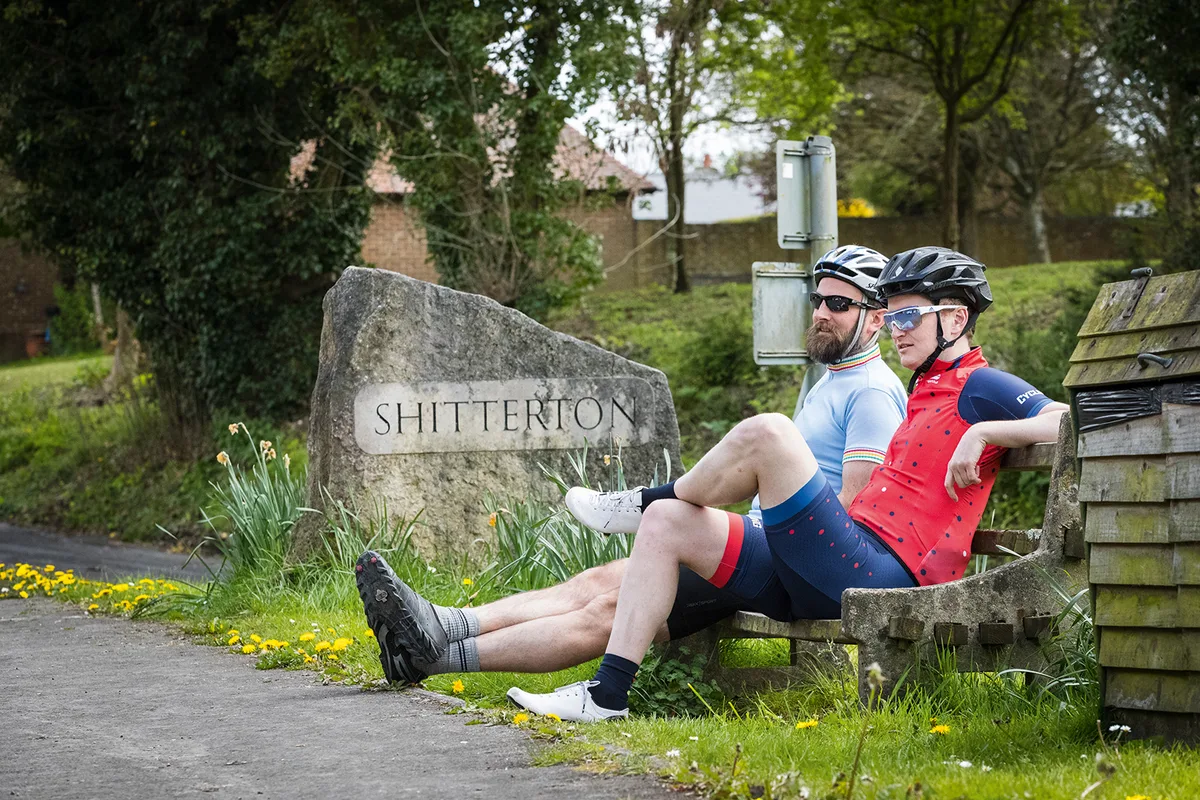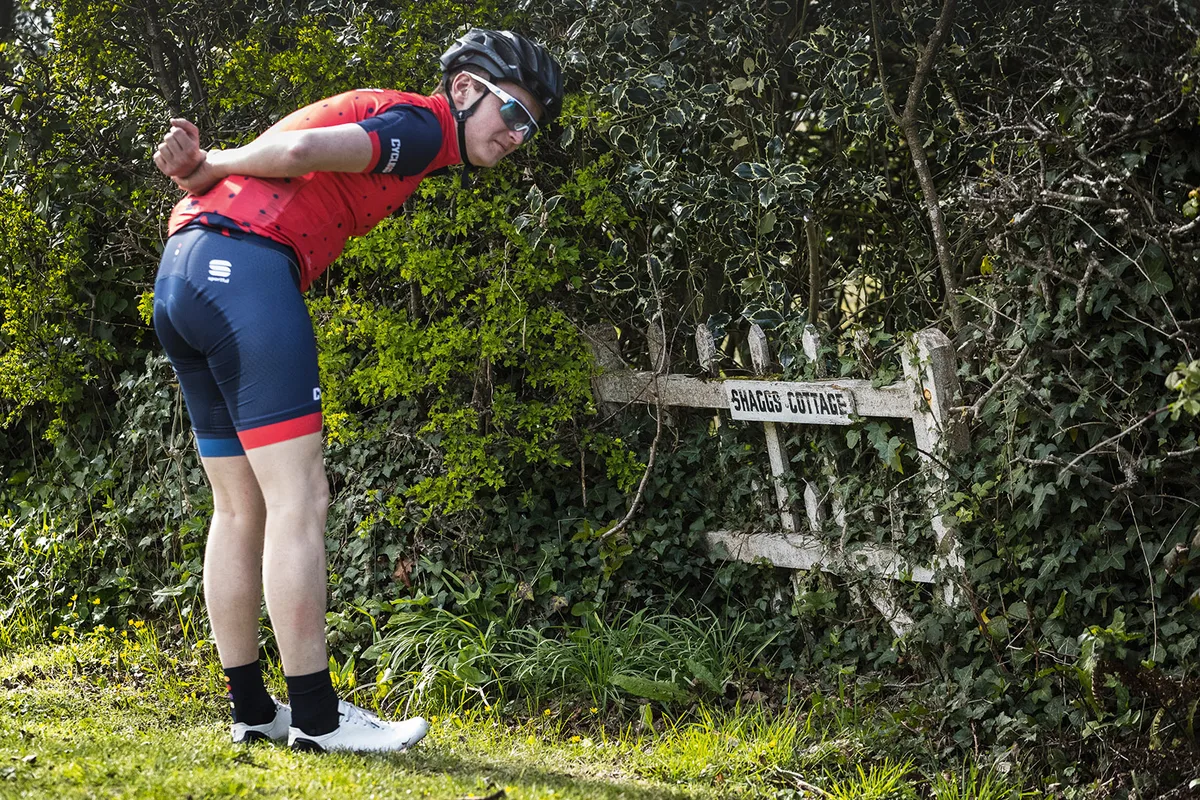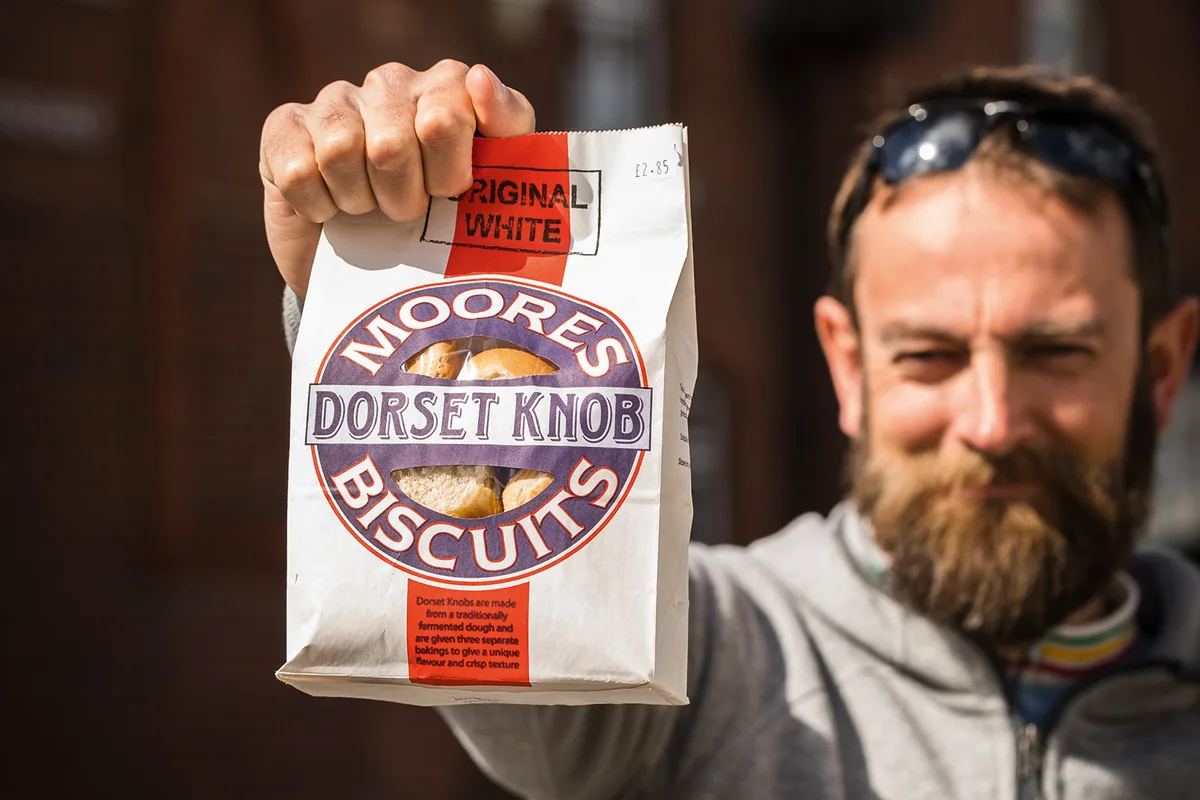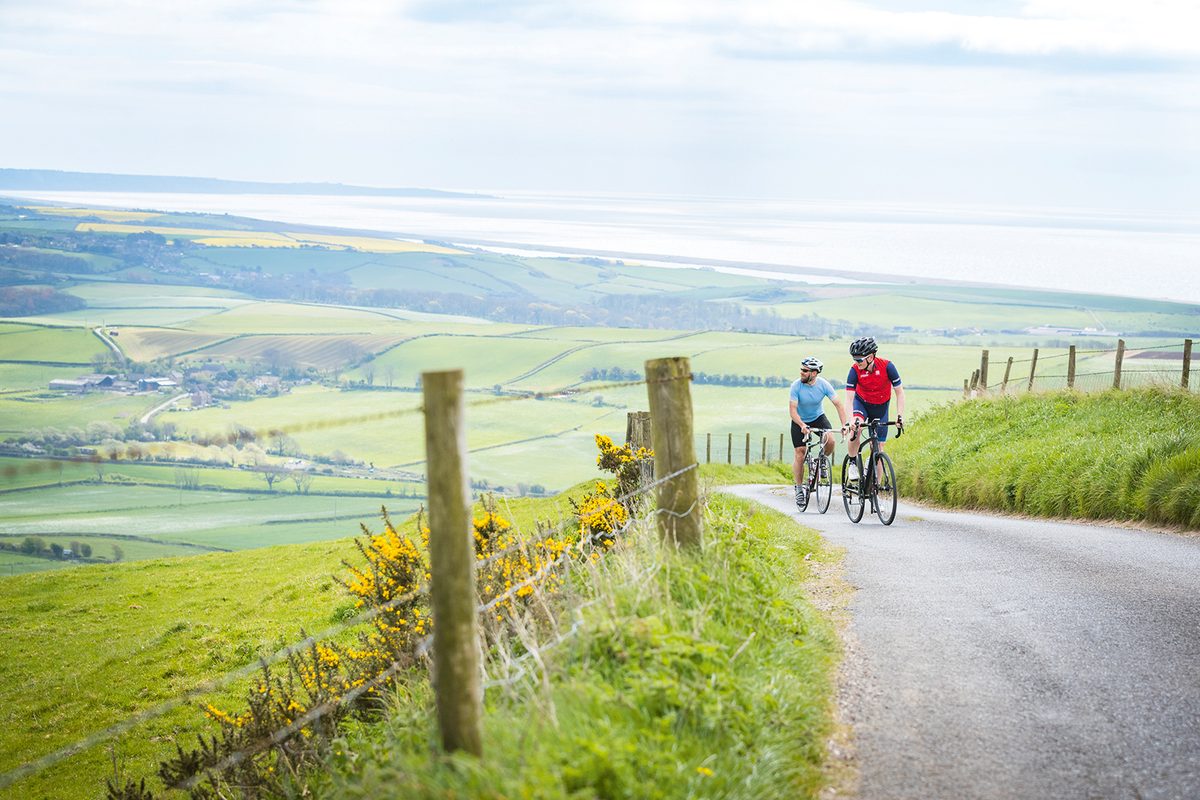What’s in a name?
 In the Norman French Domesday Book, Shitterton is recorded as Scatera or Scetra, which means little town that is on the stream of a midden or sewer. Russell Burton / Our Media
In the Norman French Domesday Book, Shitterton is recorded as Scatera or Scetra, which means little town that is on the stream of a midden or sewer. Russell Burton / Our Media
On to Shitterton, a charming hamlet on the west side of Bere Regis utterly at odds with its name. Its name dates back at least 1,000 years and means, approximately, ‘farmstead on the stream used as an open sewer’.
In 2012, it fended off stiff competition from nearby Scratchy Bottom and Crapstone to come out ‘on top’ in a survey by genealogy website Find My Past to discover Britain’s most unfortunate place names.
Since 2010 it’s been signposted by a ginormous slab of rock, which replaced an oft-pilfered metal sign that through the years became Shitterton’s must-have souvenir.
“Every two or three years somebody comes along and nicks our sign because, clearly, Shitterton is amusing,” villager Ian Ventham told the BBC at the time.
 Shaggs turned out to be a raunchily dubbed cottage. Russell Burton / Our Media
Shaggs turned out to be a raunchily dubbed cottage. Russell Burton / Our Media
Rather than doom yet another replacement to being looted, they had a “whip-round and bought this wonderful piece of Purbeck stone, which, at a tonne-and-a-half, is going to be slightly more difficult to take away”.
We settled for a photo with the slab and got on our way before anybody got suspicious.
For Humphrey, it was a satisfying first visit to one of his favourite place names, one of several that sound like the “ultimate character assassination”, such as Loose, Idle, Ugley, Dull, Petty and Seething.
After being spoiled thus far by glorious back roads, it was necessary to head down a stretch of hectic B-road in the direction of Shaggs, which turned out to be nothing more than a raunchily dubbed cottage.
In East Lulworth, we stopped at a bakery to replenish our energy stores with a bag of Dorset knob, before kicking on for the final push into the Purbeck Heritage Coast.
 The Dorset knob is nothing more than a savoury biscuit. Russell Burton / Our Media
The Dorset knob is nothing more than a savoury biscuit. Russell Burton / Our Media
Regrettably, we were stopped in our (gravel) tracks for our planned visit to Scratchy Bottom, with the rough roads demanding more knobbily tyres than we’d arrived with.
No direct road runs through this hilly coastal region, which meant we had to zigzag our way through it, a prolonged but essential diversion to avert the worst of the horrors of the A353.
These are the sorts of roads that Humphrey is at home on. There’s a serious lack of seriousness, for want of a better phrase, to his cycling – the classical touring cyclist who basks in the great outdoors and gets his satisfaction from simply being in the saddle.
For a man who makes a living out of this country’s way with a place name, it’s no surprise to hear that one of his favourite cycling books tells the story of two men’s Land’s End to John o’Groats trek that started without bikes, money and even clothes, save for a couple of pairs of Union Jack boxer shorts. Rude riding at its finest.
In Free Country, George Mahood reveals how they relied on the generosity of the British public for everything from food to accommodation, clothes to shoes, and bikes to beer.
It’s been a similar sort of ride today, even if it required none of the begging, stealing and borrowing.
It was still two blokes on bikes, powered by a peculiarly British brand of humour.
